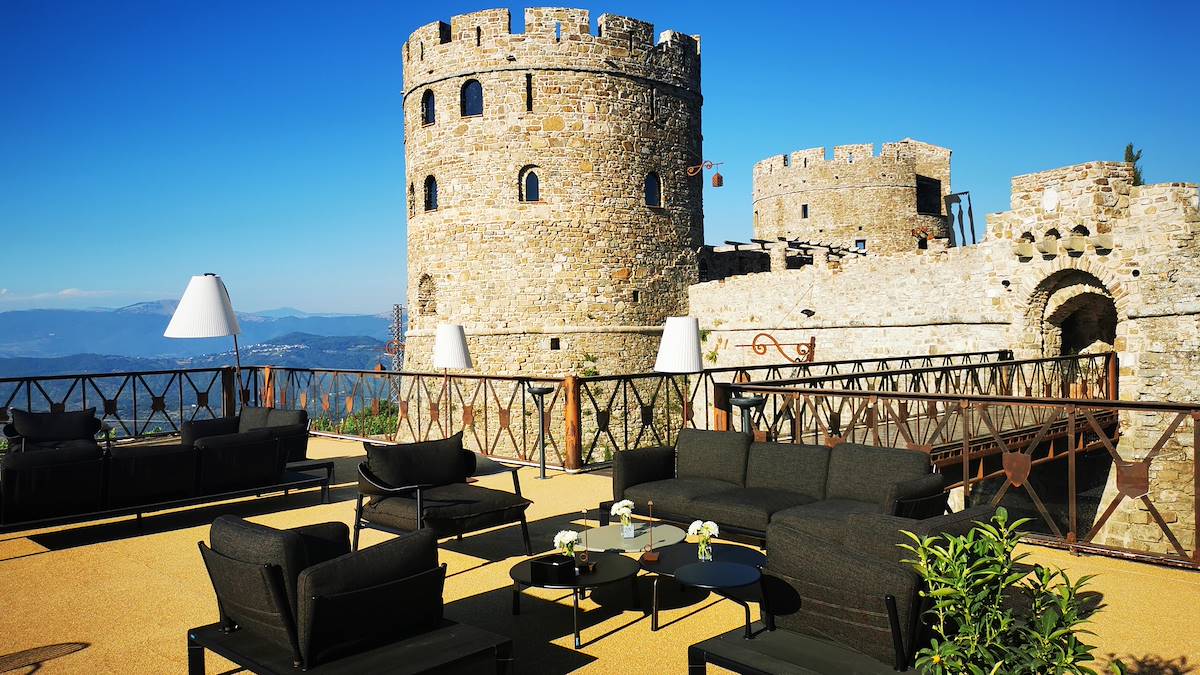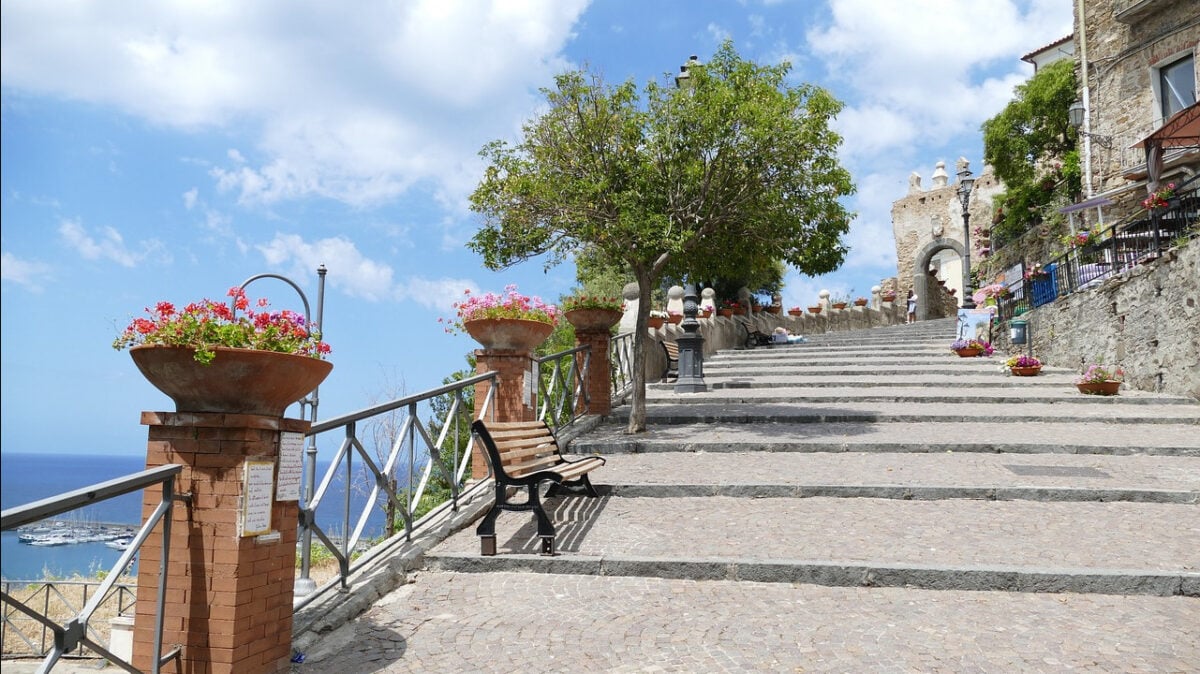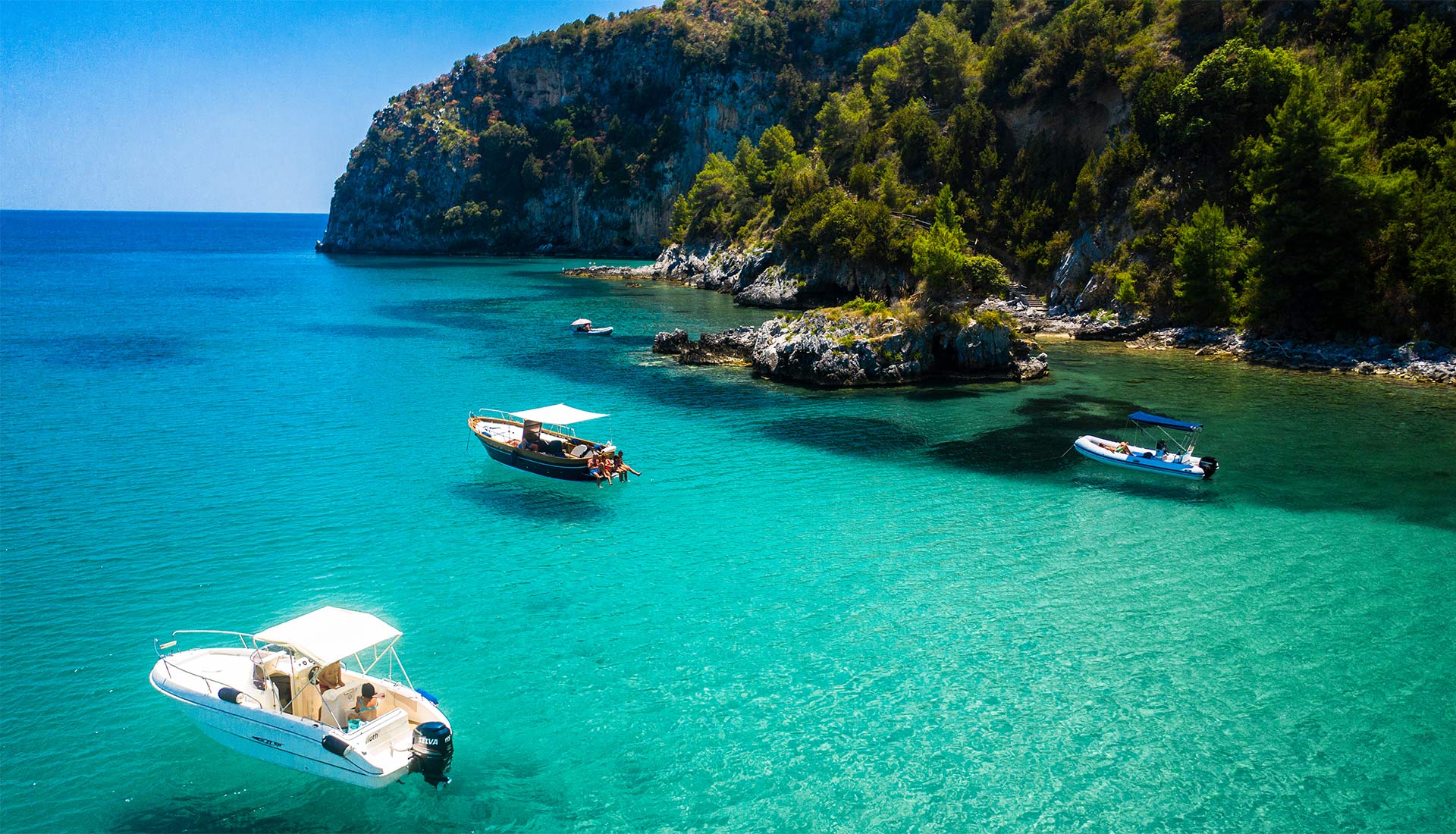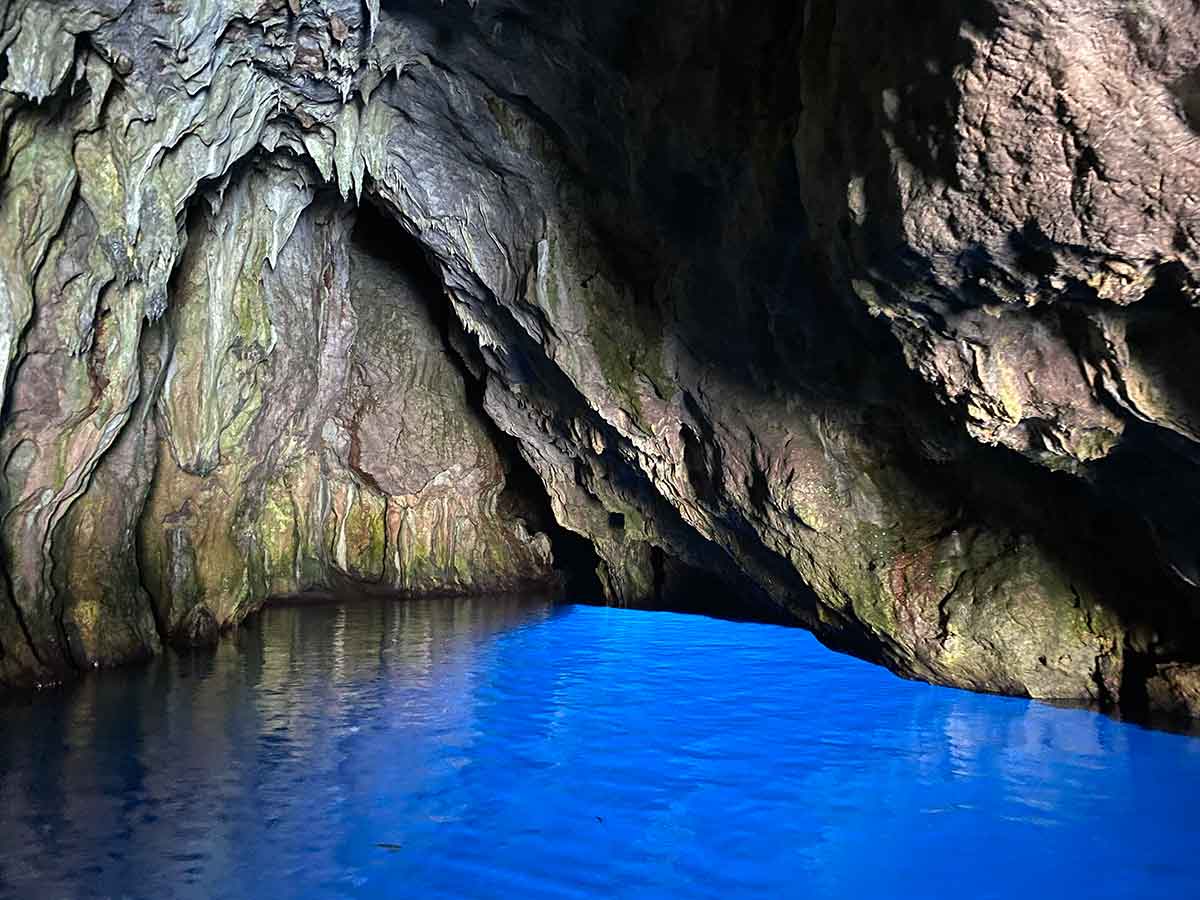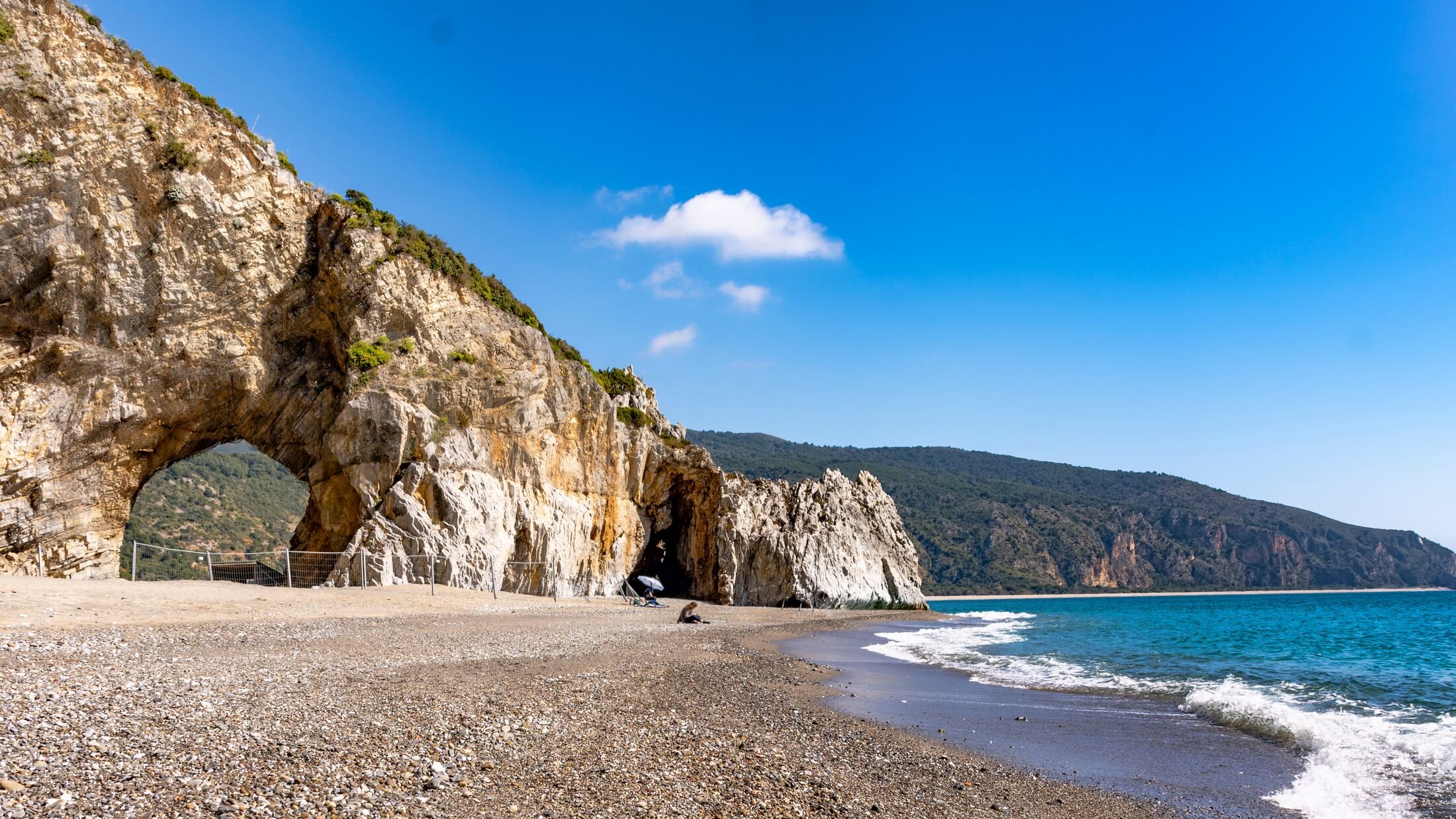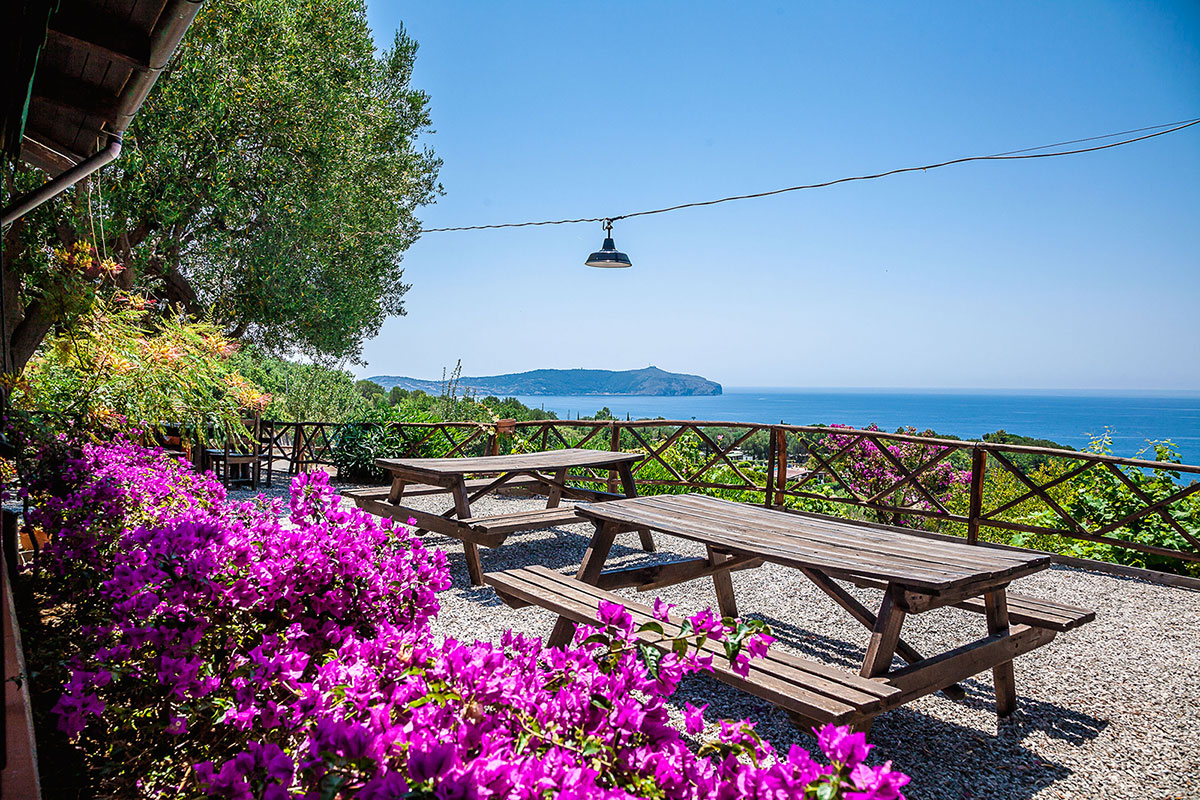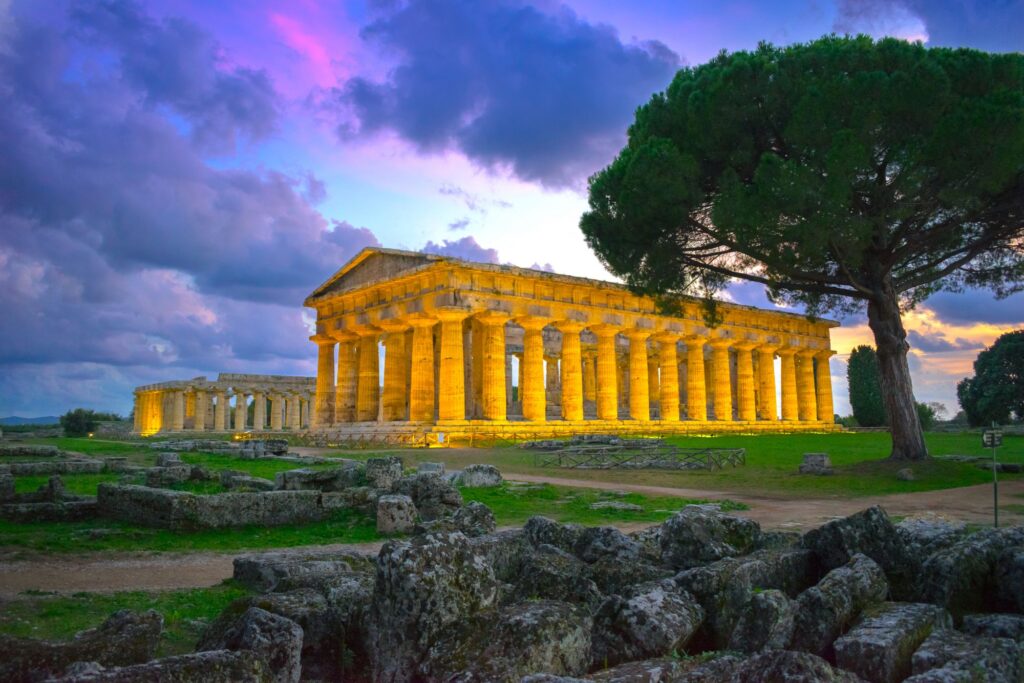
“South of the Amalfi Coast is a rugged wonder of tranquil paths through chestnut forests and vineyards. It’s all perfect for contemplating ancient yarns, spotting wildlife and enjoying local dishes.” The Guardian
It is with these words that journalist Rachel Dixon in her article for The Guardian extols one of the areas still little explored by foreign tourists, signaling a renewed interest in the hidden gems the cultural and natural heritage of Campania: Cilento.
A land of Myths, unspoiled landscapes, ancient villages and centuries-old culinary traditions, which has remained in the shadows until now, due to the will of the locals or the simple tourist “hegemony” of the nearby Amalfi Coast, Cilento is finally making itself known to the world, thanks precisely to media attention, fueled by major international publications such as The Guardian
Cilento’s success can be traced to the growing search for authentic and less conventional experiences, far from the crowded tourist circuits.
Indeed, people are increasingly escaping city stress and looking for destinations that allow them to immerse themselves in local culture, enjoy traditional cuisine ( Cilento is the cradle of the Mediterranean Diet) and discover unspoiled natural landscapes.
It is the nature trails of the Cilento National Park that attract more and more tourists, but also its villages rich in history and tradition:
- Agropoli with its Medieval village, welcomes between sea, mountains, scent of Mediterranean scrub and saltiness, here the waters reflect the clear light of the sky and history, traditions and culture intertwine
- Acciaroli, which for numerous years has been awarded Legambiente’s “5 sails” for the quality of its waters and the Blue Flag for beaches, responds perfectly to this need, offering a travel experience that combines beauty, history and tradition
- Pioppi, the world capital of the Mediterranean Diet, is a small fishing village known for the quality of its waters, for which it has often received Legambiente’s “5 sails” and Blue Flag recognition.
- Velia, home of the Eleatic philosophical school of Parmenides and Zeno, still tells the story of a great city of Magna Graecia with its citizens, its daily life, its public and private spaces;
- Paestum with the archaeological site that preserves the Temples of Neptune and Athena dating back to Magna Graecia;
And it is precisely in Paestum moreover that for years now there have been major Hotel Conference Centers in the province of Salerno, ready to host corporate groups of different sizes with high quality standards.
